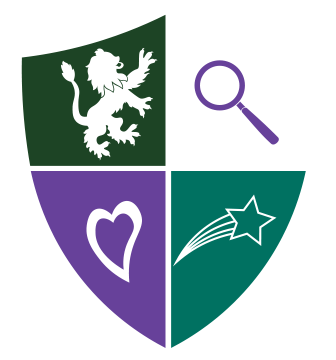The Early Years Foundation Stage
We use the Early Years Foundation Stage Statutory Framework (2022) as our base for the opportunities and provision that we provide to children in their first year of school. There is a great emphasis on learning through direct, first-hand experiences in a play-based environment. This allows children to develop the skills needed in preparation for their National Curriculum education that commences in Year 1.
The EYFS framework explains how and what children will be learning to support their healthy development and provide the foundation children need to make the most of their abilities and talents as they grow up.
Our Curriculum is based upon 7 areas of learning, and these are divided into two further areas – The Prime and The Specific Areas of learning.
The Prime Areas
- Personal, Social and Emotional Development through which children gain confidence and self-awareness, the ability to manage their feelings and behaviour and learn about building effective relationships with others.
- Communication and Language through which children learn about listening, attention, understanding and speaking.
- Physical Development which emphasises gross and fine motor skills in moving and handling, as well as health and self-care.
The Specific Areas
- Literacy: Early reading and writing skills, explicit daily teaching of phonics, recognising common and irregular words, reading and understanding simple sentences and talking about what they have read; children will begin to use their phonic knowledge to build and write words and construct simple sentences.
- Mathematics: Based around counting reliably from 1-20, understanding number order and beginning simple addition and subtraction; children will also experience solving mathematical problems by talking about shapes, weight, capacity, time, money, halving and measuring and comparing everyday objects.
- Understanding the World: Enables children to base their learning on what they understand of the world around them through talking about past and present events within their own families, being aware of the differences and similarities between others and amongst families, communities and traditions; children will observe the differences in their environment, learn about plants and animals and talk about changes. They will also use a range of different technologies, selecting and using them for different purposes.
- Expressive Arts and Design: Children will sing songs and create their own music and dance. They explore a range of materials, tools and techniques to look at different colours, design and texture in their artwork and are given opportunities to be imaginative through art, music, role play and stories.
